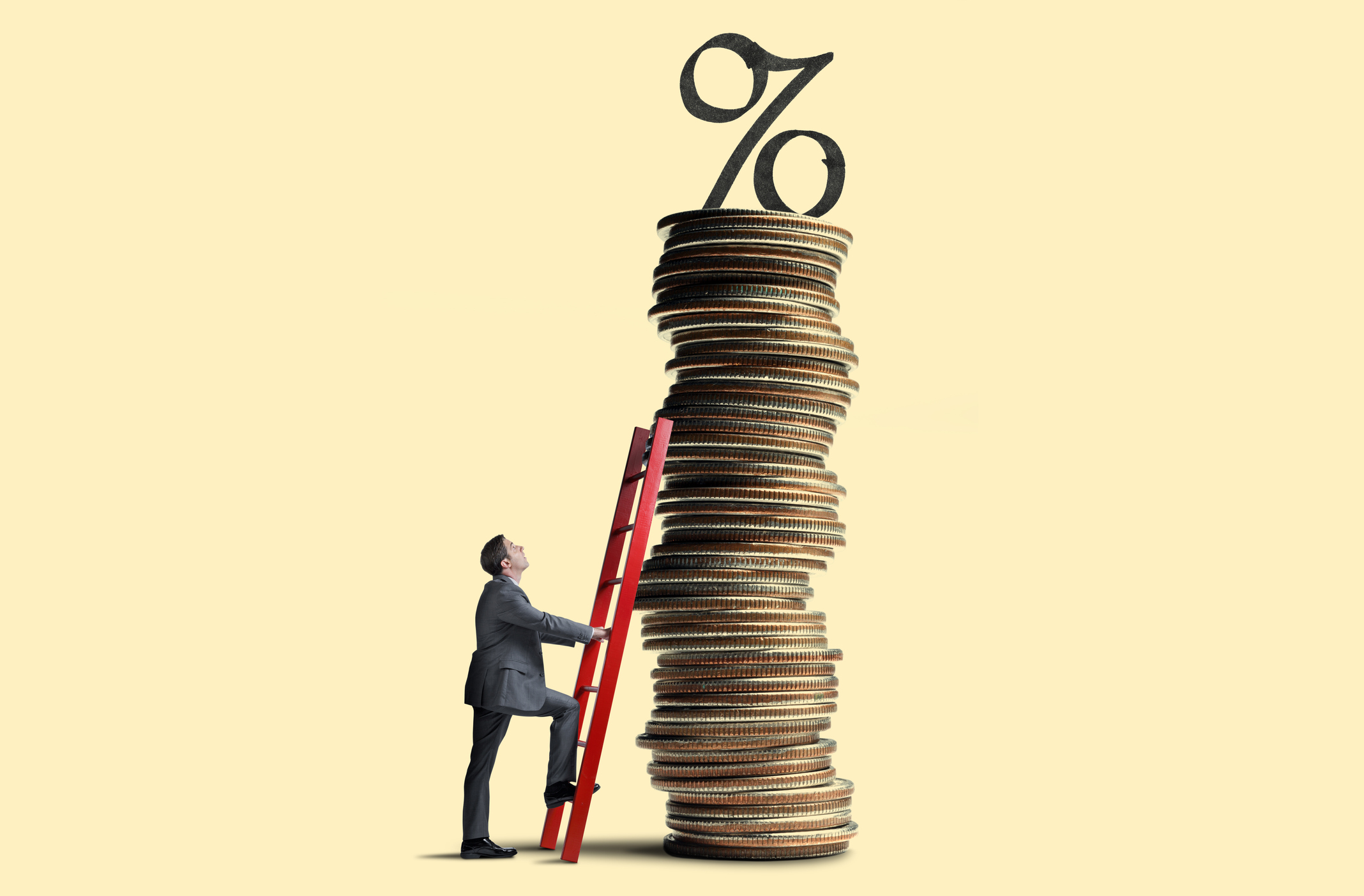Germany permits cooperation between sugar companies in wake of Nord Stream 1 pipeline cut-off

Four of the biggest sugar companies in Germany will be permitted to work together in the event of future gas supply shortages.
The country’s competition regulator, the Bundeskartellamt, has green-lit a plan put forward by Nordzucker, Südzucker, Pfeifer & Langen and Cosun Beet, which will allow the companies to pool resources if gas shortages continue, to ensure the continued processing of sugar beet.
Some 35% of Germany’s gas imports come from Russia via the Nord Stream 1 pipeline. The stream has become heavily politicised since the onset of the Russian invasion of Ukraine, and supplies were cut off indefinitely last week.
The 18 sugar factories which are owned and operated by the four companies are mainly powered by natural gas.
Russia’s warning that it will not allow gas flow to resume via the pipeline until European sanctions have been lifted puts sugar supplies at risk of substantial disruption.
There are significant knock-on effects to a drop in sugar production. Production stoppages could leave large parts of the sugar beet harvest to rot and become unusable.
Additionally, because sugar is a staple ingredient for huge parts of the food manufacturing industry, a drop in production could see price increases across many products.
As part of the plan, the four companies will make production facilities available to each other in the event that gas supply cut-offs impede production.
The Bundeskartellamt has stressed that this is a one-time deal and should be considered a “crisis management initiative”.
Andreas Mundt, President of the Bundeskartellamt said: “We support crisis management initiatives within the framework of competition law. In these difficult times, the cooperation between sugar producers is intended to mitigate the effects of possible gas shortages on production.”
To maintain competition outside of this deal, the Bundeskartellamt has stipulated that companies must first use all free production capacities available to them at their own factories, both in Germany and Europe more widely, provided this is economically feasible due to transport costs, before using the resources of others. Companies will also be expected to try and process sugar beets without natural gas before depending on the deal too.
As a preparatory measure, the Verein der Zuckerindustrie – the sugar industry association in Germany – will be tasked with compiling production data from individual factories and will introduce continuous capacity monitoring throughout the period of the plan.
Mundt added: “The fact that this is a one-time temporary cooperation project to deal with possible gas supply shortages was central to our assessment under competition law.
“The flow of information between the companies will be limited to what is necessary by means of accompanying measures.”
Understand why the Russia-Ukraine conflict is having such wide-ranging effects on the food industry with this episode of the Food Matters Live Podcast:








